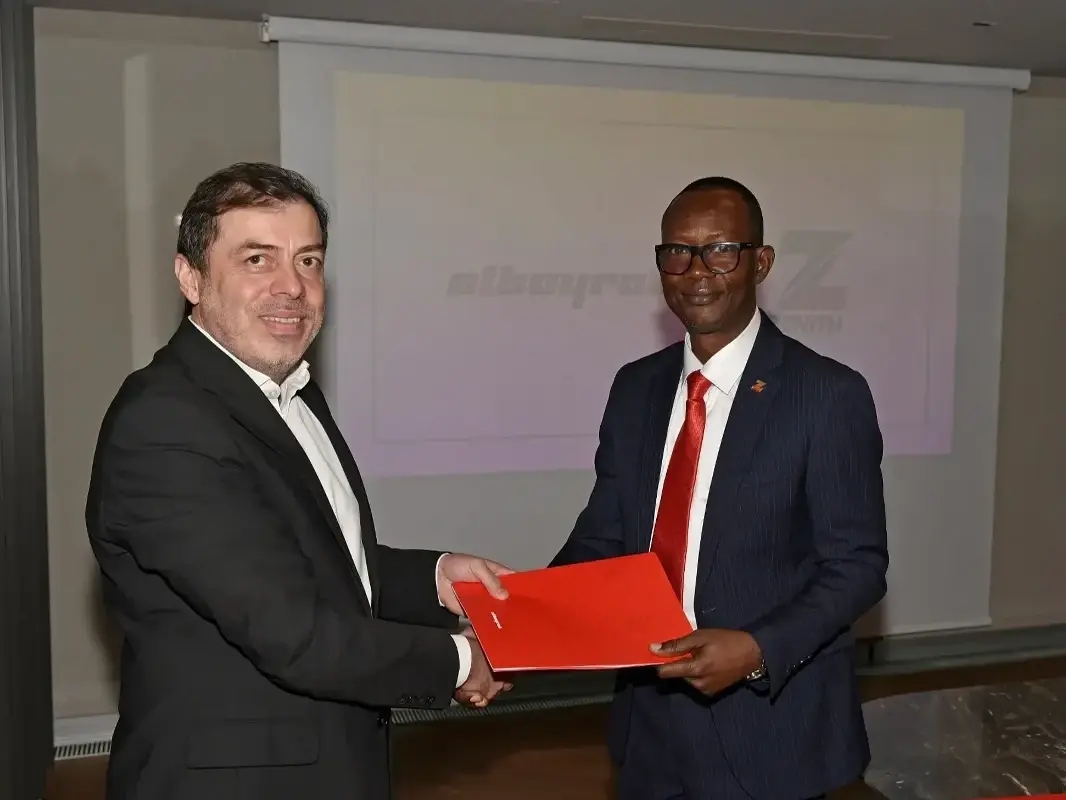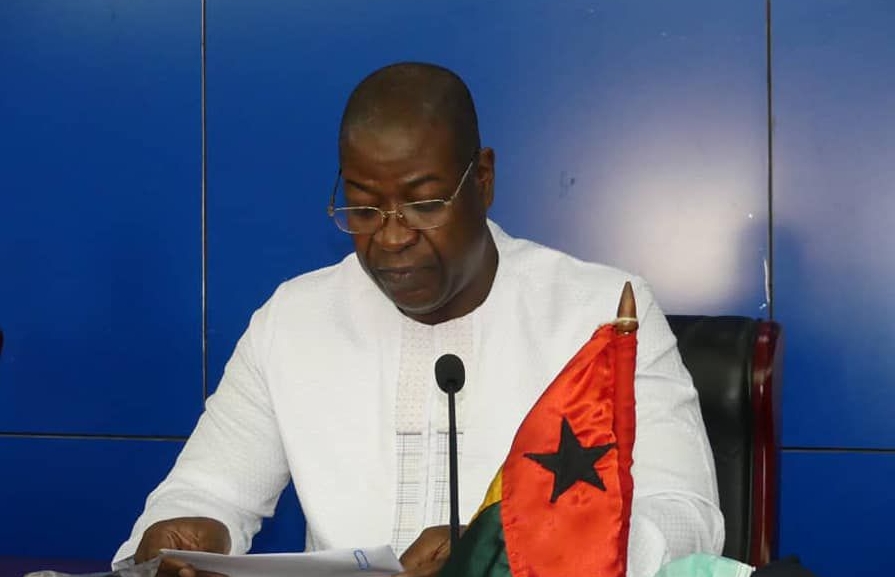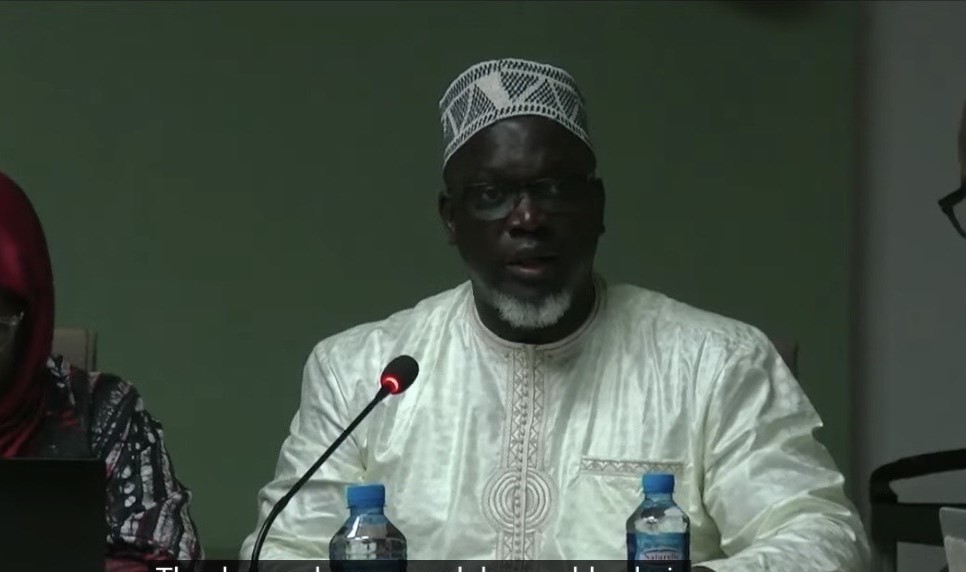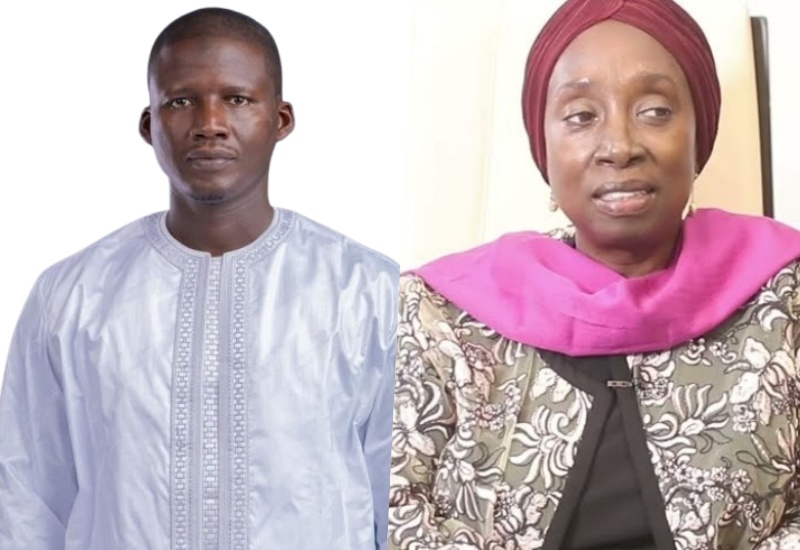Gambiaj.com – (Banjul, the Gambia)- The Finance and Public Accounts Committee (FPAC) of the National Assembly has uncovered major procurement irregularities at the Ministry of Health’s Project Coordination Unit (PCU) involving the purchase of 14 Toyota Prado vehicles valued at over GMD 1.3 million. The revelations came during the committee’s review of the Management Letters for the Edward Francis Small Teaching Hospital covering 2021 to April 2024.
According to FPAC, the contract was awarded to KMF Technologies Limited, an IT company not licensed as a motor vehicle dealer, in violation of the Gambia Public Procurement Authority Act 2022 and World Bank procurement guidelines. The committee described the process as deeply flawed and marked by administrative lapses, lack of transparency, and possible collusion between ministry officials and the supplier.
Each vehicle was bought at $92,837, well above the $52,901 market price quoted by Safer Gambia Limited, the authorised Toyota dealer. FPAC estimated an overpayment of about GMD 37 million and revealed that KMF Technologies acquired ten vehicles from Safer Gambia through AYK Rentals and imported the remaining four directly, a process the committee said bypassed proper procurement procedures and raised red flags of fraud and favouritism.
The committee also found no documentation justifying the need for the 14 vehicles and discovered that the budget was increased from $750,000 to $1.3 million without approval. FPAC said the bidding process was manipulated in favour of KMF Technologies, with invoices issued before the evaluation and award of the contract. It further noted late deliveries and misallocation of the vehicles to offices already in possession of official cars, including the Directorate of Gender, the Vice President’s Office, and the Ministry of Youth and Sports.
FPAC has recommended an independent investigation into the conduct of the PCU, contract committee, and KMF Technologies, recovery of the overpaid funds, and disciplinary measures against those responsible. It also urged the Ministry of Health to strengthen compliance, ensure transparency in future procurements, and uphold value for money in the use of public funds.









